Even as a deeply technical profession, computer programming requires lots of human interaction. Most projects are done in teams, so you have to be good at working with other people. Plus, in many cases, communicating your ideas is just as important as implementing them in code.
In addition to communication, your personality traits also fall under the umbrella of soft skills. Working hard, being persistent, and adapting to changes are all soft skills as well.
Having great soft skills will make you better at interviewing and better at your job, so it’s worth spending some time improving them. In this article, we will take a look at some of the specific soft skills that every programmer should have for success.
Writing
From Git commit messages to technical API documentation, every programmer also needs to write prose. You don’t need to be the next Hemingway, but you should be able to communicate your ideas clearly. Many of the same characteristics that make for great code also make for great English—concision, clarity, and logical structure, for example.
Adaptability
Technologies change, companies boom and bust, and your career progresses. To succeed at your job and career in the face of constant change, you have to be able to adapt. Your adaptability is more than just going with the flow; it means continuously reevaluating the world and staying on top of changes so that you won’t be left behind.
Work will naturally throw you curveballs as you move through your career. Your success isn’t only defined by what comes your way—your reactions matter even more.
Empathy
Whether it’s helping a coworker through a tough time in their life or understanding a client’s frustrations, good empathy can set you apart. Everyone appreciates someone who understands them, so being there for people and understanding their concerns will make you appreciated.
Mentorship
Although less frequently discussed than other soft skills, your ability to mentor and nurture talent on your team is hugely important as well. As you progress into the senior ranks, you’ll have the opportunity to significantly improve the experience of your less experienced colleagues. You’ll improve your own understanding of fundamental technology while giving a more junior developer the help they need.
Take Soft Skills Seriously
Software engineering is widely considered one of the more meritocratic fields. Compared to other engineering and product development fields, programming has few formal requirements. That said, in addition to having great programming skills, effective software developers are also great at soft skills.
They can work in teams, nurture and improve the abilities of their less experienced teammates, empathize with their clients and coworkers, adapt to changes, and communicate their ideas in writing. These skills can’t be tested with a LeetCode-style whiteboard interview, but that doesn’t mean that you should ignore them. As you progress in your career, soft skills will become even more important as distinguishing factors between you and other experienced developers.

